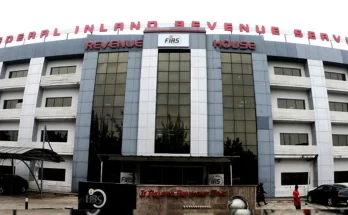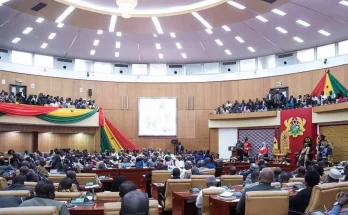The Federal Inland Revenue Service (FIRS) has officially launched a new withholding tax system aimed at improving tax collection, ensuring compliance, and increasing government revenue.
Enhancing Efficiency and Transparency
In a statement issued yesterday, Collins Omokaro, Special Adviser to the Executive Chairman of FIRS on Communication and Advocacy, emphasized that the initiative is designed to create a more transparent and accountable tax system.
Under the new system, businesses, employers, and other payers are required to deduct taxes directly from payments such as salaries, rent, professional fees, and dividends.
These deductions will be remitted to the FIRS at the point of payment to ensure a steady revenue stream and curb tax evasion.
Mandatory Compliance Measures
A significant component of the policy is the integration of Tax Identification Numbers (TINs) into financial transactions. Additionally, penalties will be enforced for entities that fail to comply with the new tax regulations.
The FIRS also announced adjustments to tax rates, which will impact both local and foreign businesses.
These changes aim to support Nigerian enterprises while ensuring fairness for international companies operating in the country.
Impact on the Economy
According to the FIRS, this reform is expected to create a more equitable tax framework, ensuring that individuals and corporations contribute fairly to national development.
The additional revenue generated will be allocated to essential public services, economic growth initiatives, and infrastructure development.
Nigeria Aims to Ease Inflation by Exempting Essentials from VAT
Challenges and Adaptation
While the system promises several benefits, FIRS acknowledges potential challenges in implementation. Businesses may need to invest in new software and staff training to ensure accurate deductions and remittances.
Small enterprises, in particular, may struggle with compliance due to limited resources and awareness.
Additionally, industries such as telecommunications and gaming will have to adjust to sector-specific tax obligations under the new system.
Call for Stakeholder Cooperation
Omokaro described the initiative as a “game-changer” for Nigeria’s tax landscape but stressed that its success depends on effective implementation and collaboration among stakeholders.
He urged government agencies to intensify awareness campaigns, particularly targeting small and medium enterprises, to ensure a smooth transition.
The FIRS remains committed to working with businesses and individuals to streamline tax administration and create a more sustainable economic environment.




